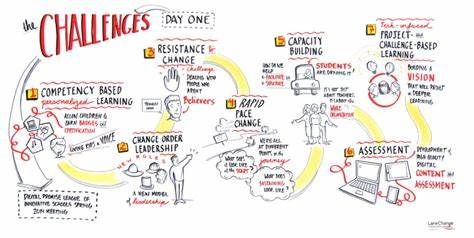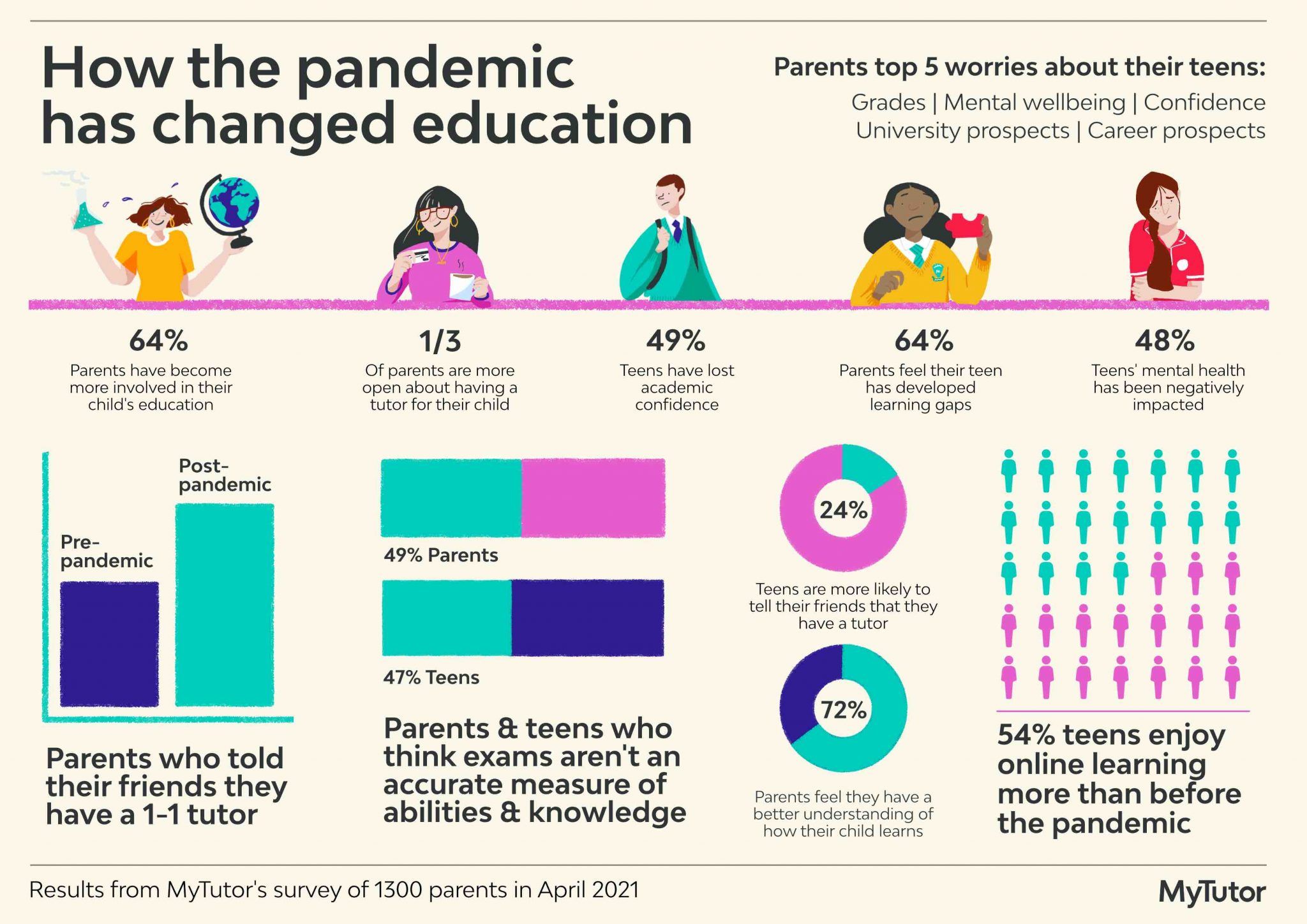A few years ago, I read a book called "Teach Like Finland: 33 Simple Strategies for Joyful Classrooms," by Timothy D. Walker. The author reflected on the Finnish educational model, which is considered one of the educational world's "miracles."
Finnish students have short school days, light homework loads, and little standardized testing, but they still have some of the highest PISA scores in the world.
The book discusses deep learning and understanding, holistic education, and focusing on the whole child's development, including emotional, social, and academic growth. It emphasizes active participation and collaboration in the classroom, as well as maintaining a healthy work-life balance. The book also emphasizes creating a supportive and positive learning environment.
I was really interested to learn about the role of teachers in the Finnish education system.
Teaching is considered one of the most respected and well-paid careers. You need to study hard for many years before starting work at school, but when you do, you already have good experience and an understanding that you will be highly velued by society as a teacher.
In my personalopinion, this policy helps to attract great people to the educational system, people who can shape and improve the quality of education, create facilities, incorporate technologies, provide schools with educational materials etc.
I believe this book is translated into many languages, I read it in Russian. As an educator, I gained many insights from this book and I highly recommend checking out. The author Timothy D. Walker "Teach Like Finland: 33 Simple Strategies for Joyful Classrooms"
It can even an idea for a reading club with colleagues 




_1715347744697.jpg)

